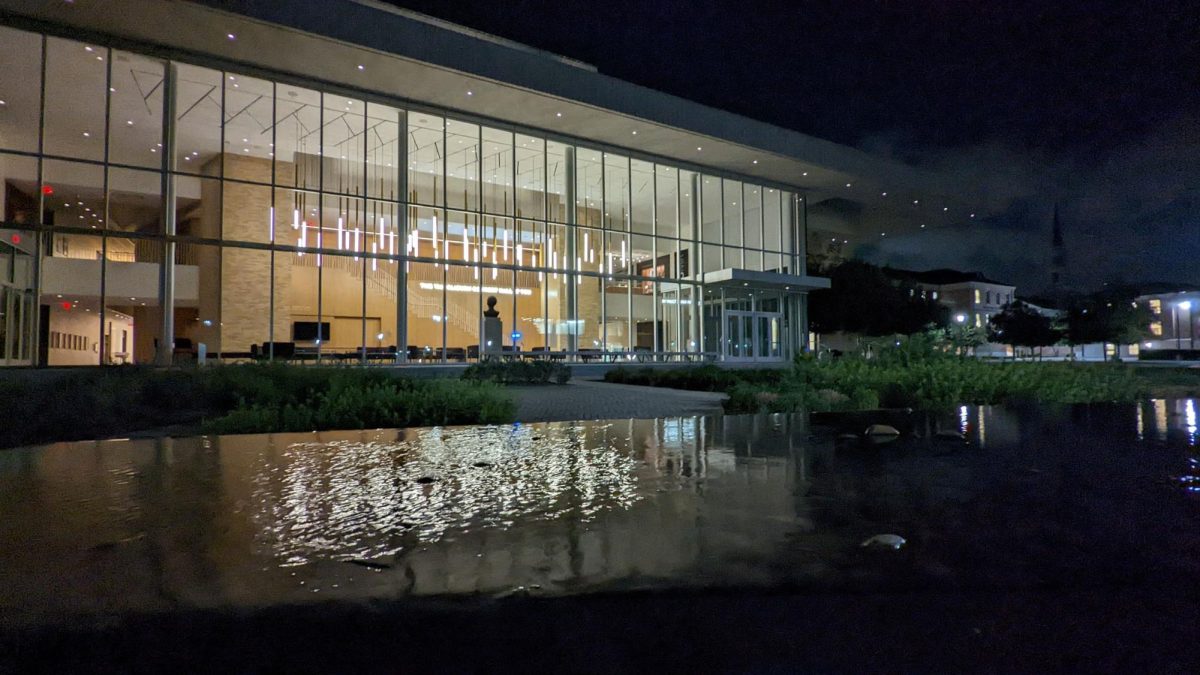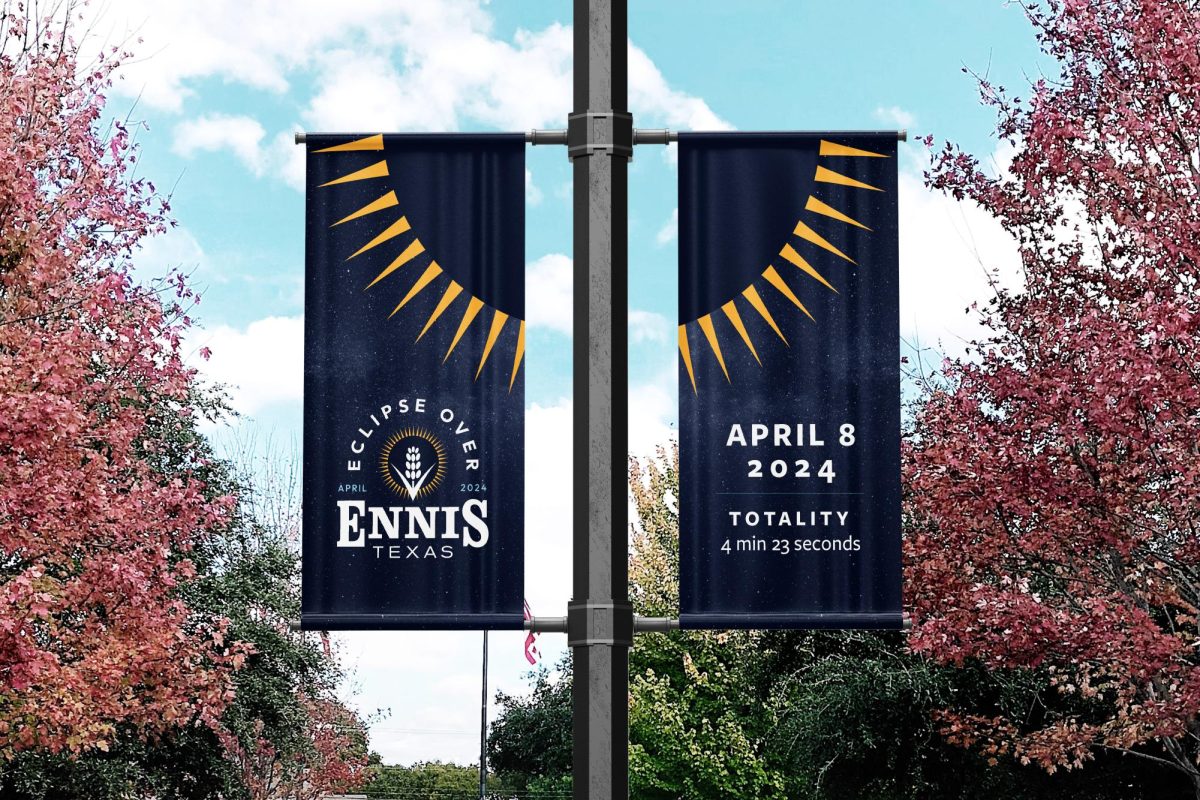TCU tried again this week to win over neighborhood residents who had been critical of the design of the university’s proposed new parking garage.
And like last time, some homeowners in the TCU area still weren’t buying the university’s plan.
Todd Waldvogel, TCU associate vice chancellor for facilities, told the meeting that TCU had gone back to the drawing board following criticism of the design at a neighborhood meeting early in August. Residents at the meeting said they worried that if the garage were to be built as pictured in the drawings Waldvogel presented to the group, it could have future implications on the value of their homes. Money aside, they also simply weren’t looking forward to looking at what was described as a plain “military-styled building” every day.
Some homeowners said they could not understand why a school like TCU, a school whose beautiful campus is a point of pride, couldn’t do more to make the proposed garage look as nice as other buildings on campus.
TCU took all of these concerns to heart, said Waldvogel, and made numerous alterations to the original design based on those critiques.
The new design focused on aesthetics, he said. The new design featured six towers, one on each corner of the structure and two center-pieces in the middle, an inclusion that residents acknowledged looked much better than the original design.
The audience reacted most positively to a picture of the southwest side of the structure, a side featuring an “elegant stairway and façade.”
The proposed garage would feature the same yellow brick with cast stone columns look that nearly every building on campus now has.
With the addition of shots of the newly proposed garage complete with landscaping, most readily agreed that the building itself did look much better, but the aesthetics of the garage weren’t the only concern of those who attended the meeting.
Their primary concern was with the 40 to 45 parking spots that are set to be situated outside the parking garage along Cantey.
These spots, residents argued, could be cut and the fence line moved even further back off Cantey.
One resident calculated the percentage of spots the outside lot was accounting for and asked, “If that outside lot represents only 4 percent of the total spots gained, can’t we just do away with them?”
Another resident who lives directly across the street from the proposed garage was still worried about car noise, namely horns and car alarms blaring late into the night.
“I was hoping for something more like what Baylor or SMU has,” he said. “Something a little more enclosed.”
Waldvogel said a certain amount of open space is required in the construction of a structure like a parking garage. Enclosing the structure any further just can’t be safely done, he said.
Residents were also worried about where students would park during the construction of the new garage.
Many commented on how both TCU students and employees alike were constantly parking in front of their houses, occasionally even leaving cars parked for days.
Waldvogel said most of these streets are public and as such, students can park on them. He said he would investigate what could be done about employees parking on residential streets in the area.
Some residents were worried about the idea of garbage trucks, cement trucks and bulldozers loudly rolling through the surrounding neighborhoods during the construction of the garage.
Tracy Syler-Jones, vice chancellor for marketing and communication, said a 24-hour hotline will be provided to report construction traffic in the neighborhood.
“The construction team has been strictly informed to avoid going through the neighborhoods,” Waldvogel said.
David McGuill, former president of the University West Neighborhood Association, said people who live in the area understood TCU’s parking needs.
“It’s not the structure itself, we understand that the garage needs to be built,” he said. “What we were thrown off by was the speed at which this was put together.”
McGuill said the neighborhood is really just concerned that things are being done too hastily. The process has long term implications and should be treated as such, he said.





